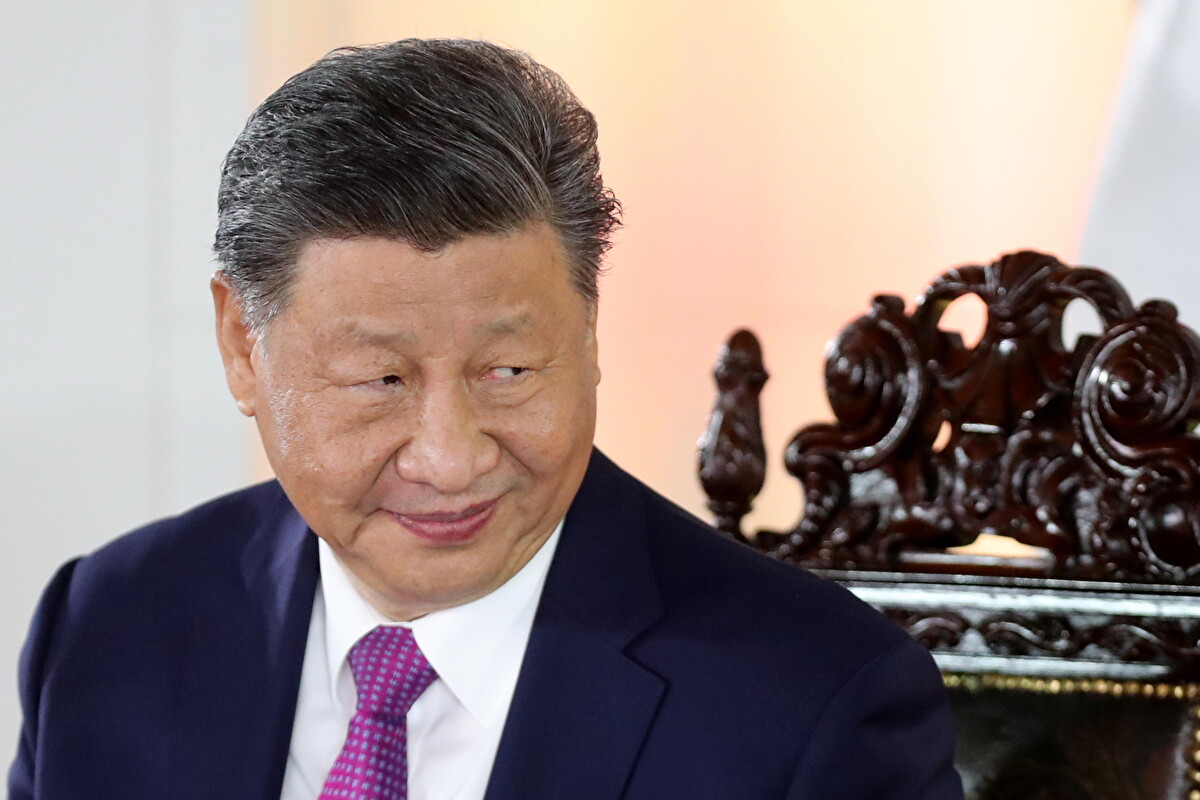The electric car market may soon witness a change in leadership, and the contender is BYD Co. BYD, short for Build Your Dreams, has turned its automotive aspirations into reality and is poised to outpace Tesla, aiming for global dominance in the electric vehicle market. Bloomberg suggests that this shift is only a matter of time, potentially occurring as early as the current quarter.
In an automotive landscape traditionally dominated by giants like Toyota, Volkswagen, and General Motors, China has been making significant strides to claim larger market shares. Recent years have seen Beijing surpass South Korea, Germany, and the United States, even challenging Japan for the top spot in car exports. This triumph is attributed to China’s emphasis on electrification, with approximately 1.3 million out of 3.6 million vehicles shipped from China last October being electric. The game has changed; while established brands can still rely on history and brand recognition, the focus now includes volume—the ability to deliver more vehicles in the shortest possible time. BYD, according to experts, has been strategically gearing up to outpace the competition in terms of both quantity and speed.
What puts Tesla on edge, among other factors, is the assertive stance of BYD and its founder, billionaire Wang Chuanfu. Offering a dozen models at significantly lower prices than Tesla’s Model 3, BYD has come a long way from being ridiculed by Elon Musk about a decade ago. Musk now acknowledges that BYD’s vehicles are “highly competitive.”

BYD’s success has largely been fueled by the domestic Chinese market. The question arises: can this success be replicated globally? The answer remains uncertain, especially with Europe considering measures similar to those in the United States—higher tariffs on imported Chinese cars to safeguard jobs in the sector. As for the American market, BYD’s management considers it off-limits due to trade tensions and other factors between Beijing and Washington.
However, Wang’s determination is evident, despite his limited presence on social media and avoidance of the limelight. Just weeks before the European Union initiated an investigation into subsidies for the Chinese automotive industry, Wang declared that it was time for Chinese automotive brands to dispel the old legends of the industry.
Established in 2003 by acquiring a struggling state-owned automaker, BYD faced criticism for its first model, a plug-in hybrid, in 2008. Nevertheless, the company’s strength lies in battery expertise. Before venturing into automotive manufacturing, BYD was the leading Chinese supplier of lithium-ion batteries for Motorola and Nokia mobile phones. Over the years, Wang strategically gathered the necessary expertise to produce vehicles that could compete on price with traditional combustion engine vehicles. Addressing the aesthetic aspect, BYD recruited Wolfgang Egger, former lead designer at Alfa Romeo and Audi, along with other designers from Ferrari and Mercedes.
This focus on aesthetics has allowed BYD to expand into producing more expensive, high-end models, catering to a discerning clientele. For just over $150,000, for instance, customers can own the sporty SUV Yangwang U8.












